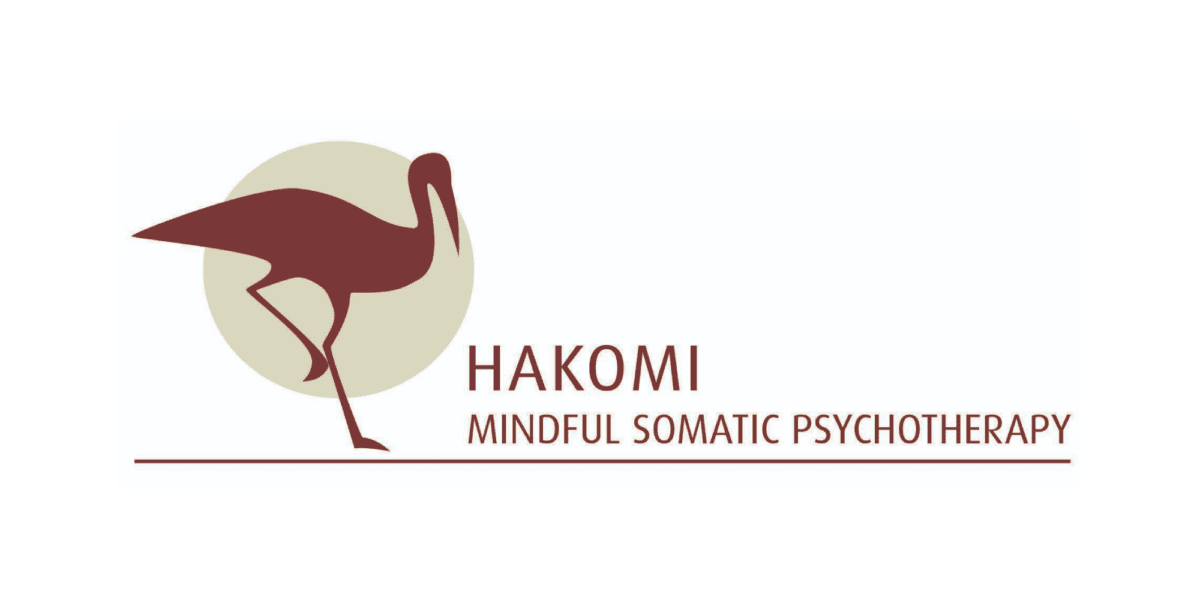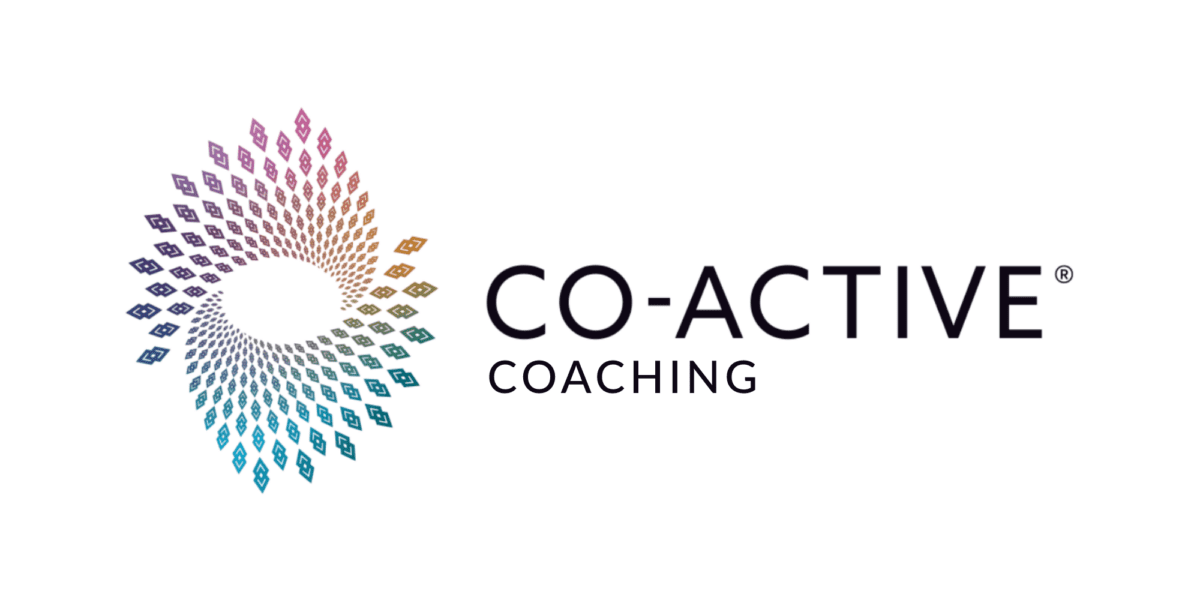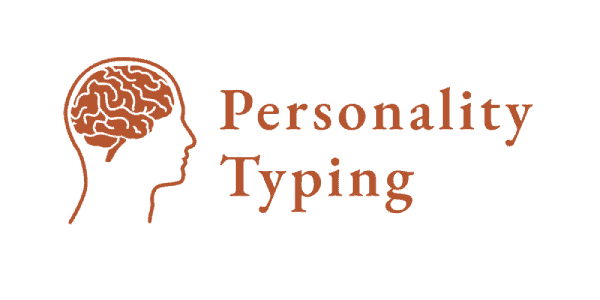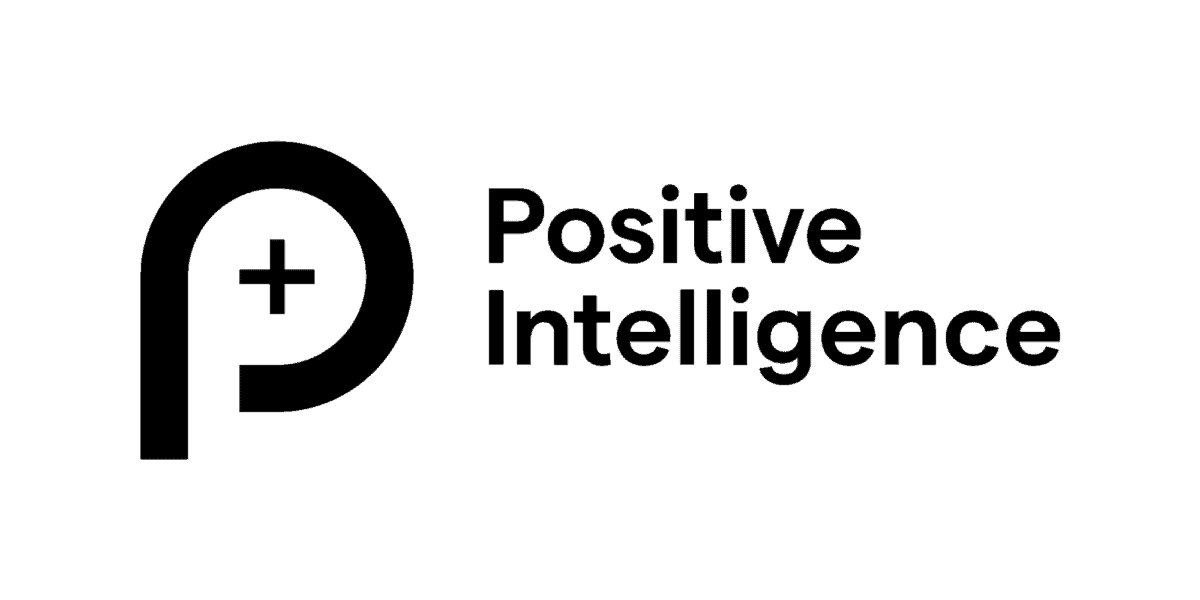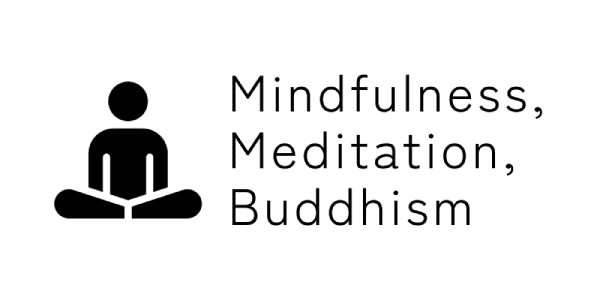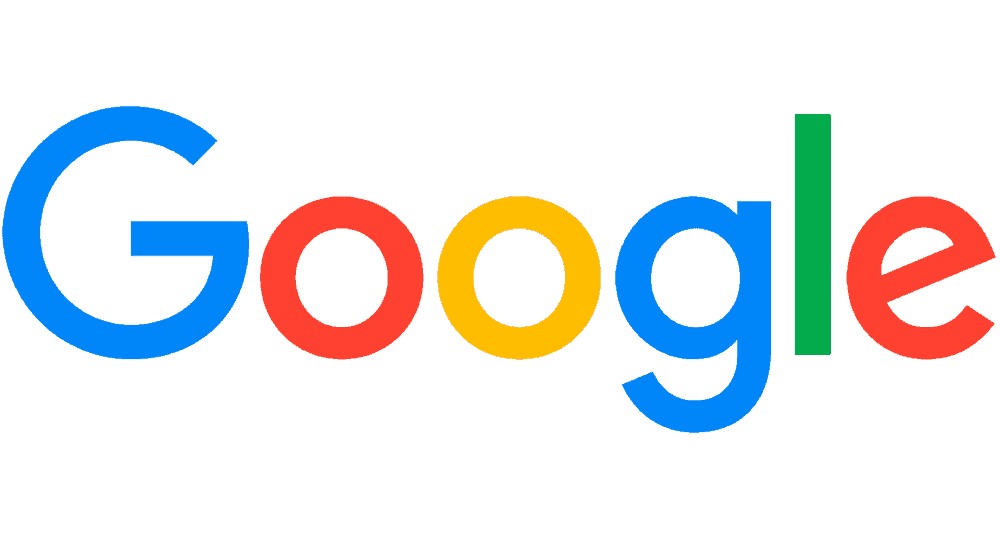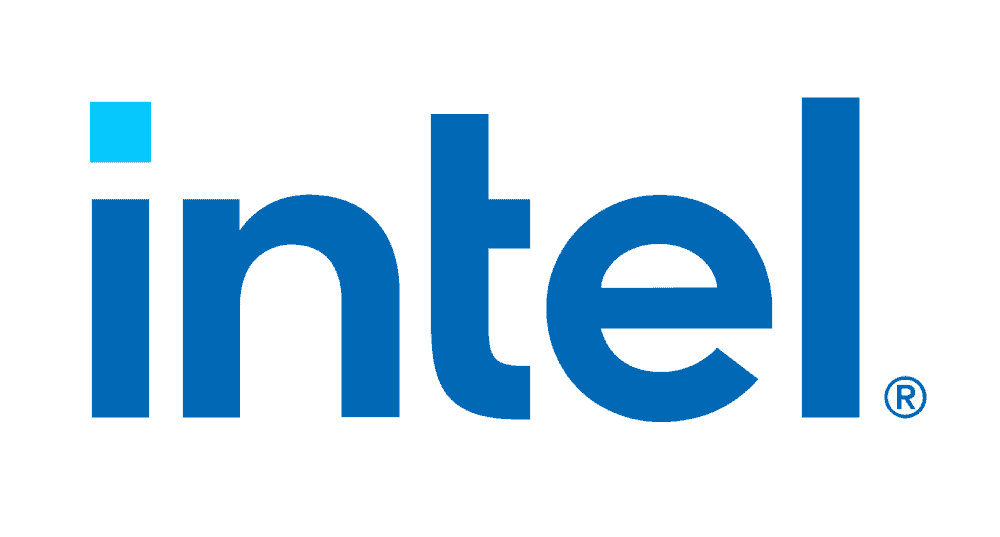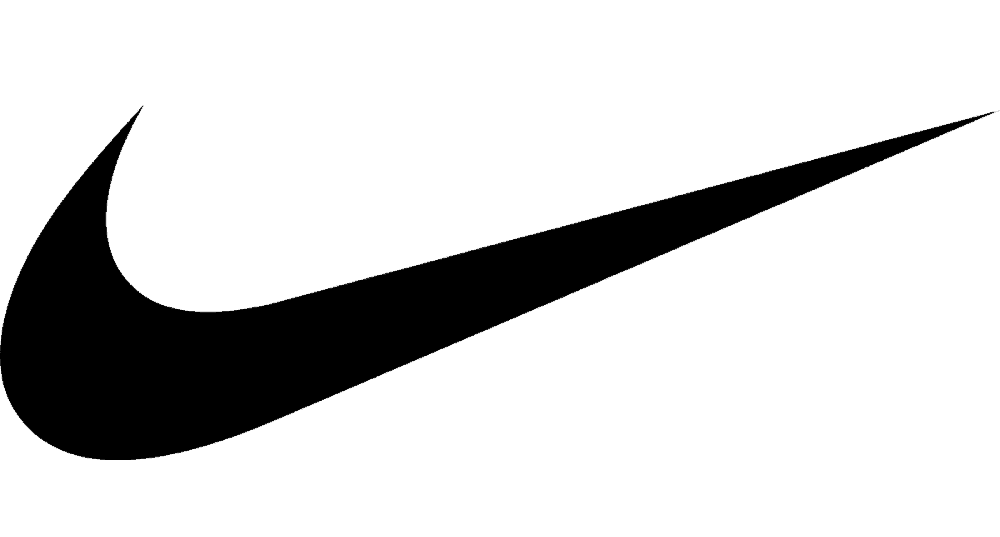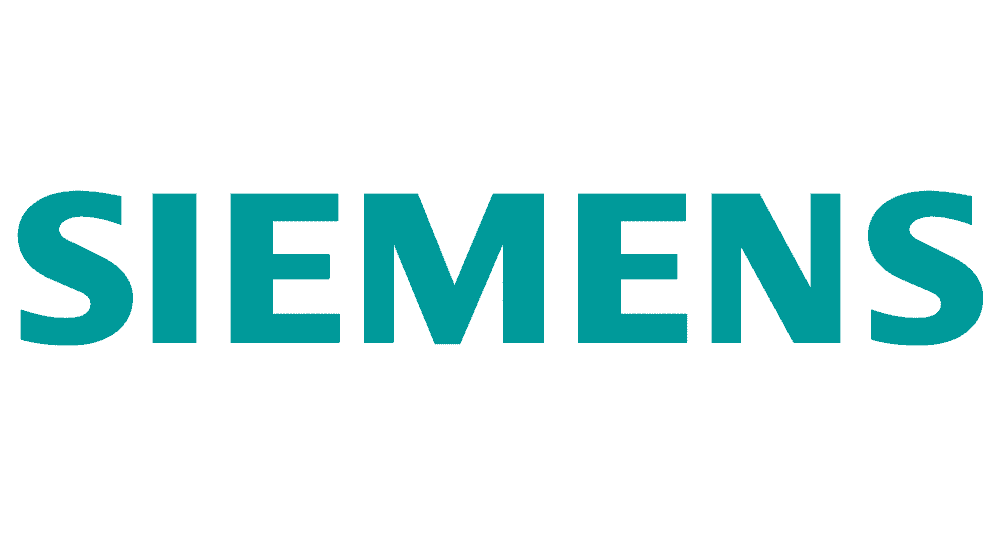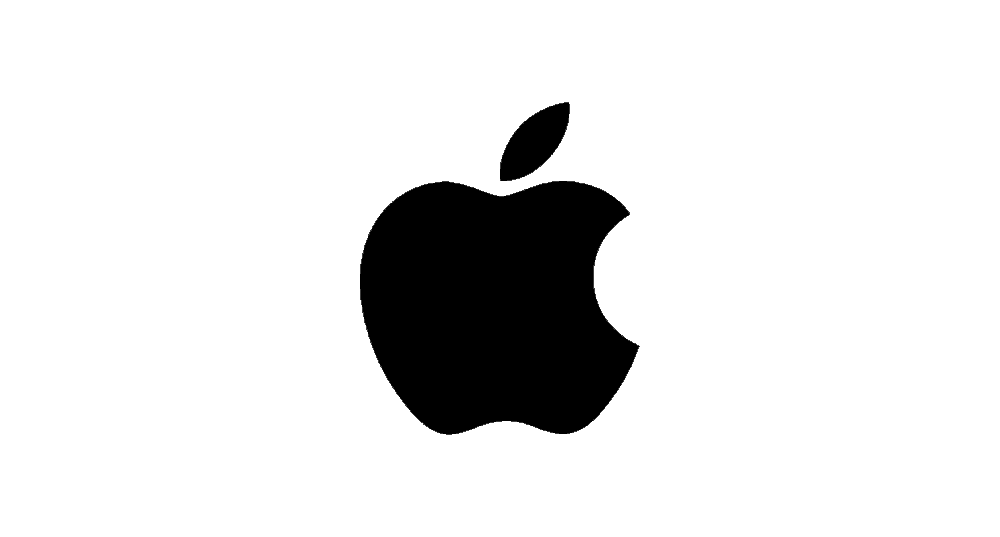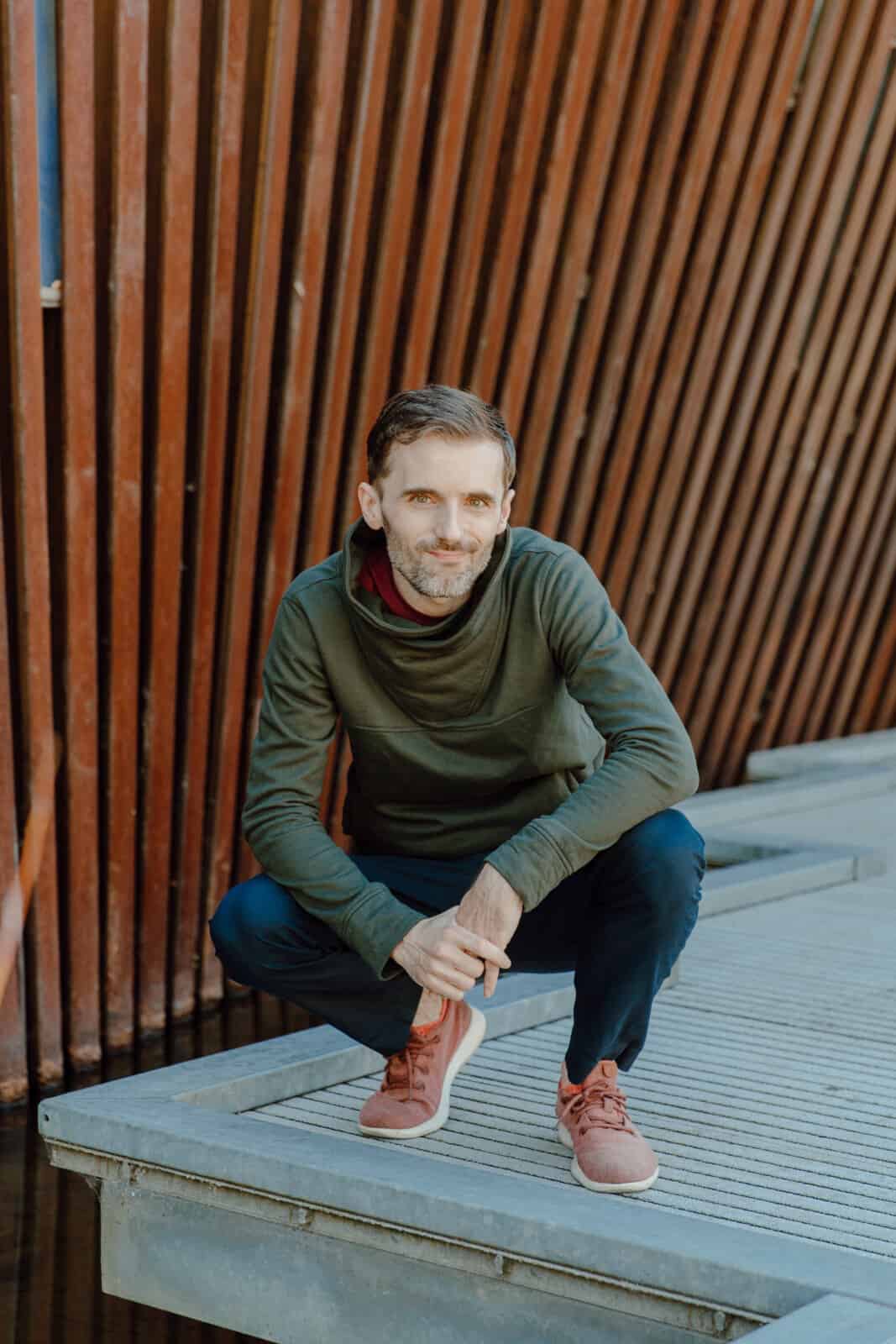
How can you find the right coach for you?
If you've already been looking for a while, you know it's not easy.
I’m not just going to tell you to hire me (I’m not the right fit for everyone, and my practice is often full).
But I've gone through the coach-search process several times in my life. And as a coach myself, I have an insider's perspective.
Here's what I believe is most important:
- You need someone who gets you. Someone with a style and worldview that resonates with your personality. For example, as an ENTP in the Jung-Myers 16 types, I work really well with xNTP's and xNFJ's in particular (they all have the cognitive function Ti, meaning we have a similar way of processing information). I also work well with ENFP's (since we have the same primary function of Ne) and INTJ's (since we're both NT-types, but we have completely different function stacks, so I can offer them a very different perspective).
- It's helpful if the coach is like you (in some ways). They should feel familiar and trustworthy but also offer you a different perspective. Ideally, they would also have some personal experience with challenges similar to what you're facing. For example, if you're dealing with nihilism, it might be helpful to work with someone who felt something similar in the past but managed to work through it.
- They must have the skills to actually help you. Nowadays, anyone can create a website and call themselves a "coach." So it's important to know what you're getting. Personally, I'm not a huge believer in lots of formal credentials (many people just collect them as trophies without going deep enough into each one). But, the quality of training a coach has pursued can tell you something about how much they've prioritized developing their skills.
- Look for someone who's continually doing their own work. Are they a fellow seeker & learner? Do they have their own coach/therapist/counselor? Look for someone who doesn't just mechanically repeat back what they heard in their original coach training. Someone who's still regularly attending workshops, reading a lot, going on retreats, or whatever else to improve their skills.
- Similarly, I suggest finding a coach who's the right mix of confident and humble. You want someone who's built up solid self-worth. Who trusts themselves to guide you without feeling too much impostor syndrome. But not an arrogant "prophet" who just wants to tell everyone what worked for them. Coaching is about helping people find their own answers. Bottom line: You want a coach who knows a fair amount and who also knows how much they still don’t know.
- Ultimately, the most reliable indicator is how you feel around them (or their writing/videos/etc.). Research in the therapy world shows that the single most important factor for positive therapy outcomes—more even than the specific modality used—is the client-therapist relationship (e.g., how much a person trusts their therapist and feels understood by them). I suspect the same is true for coaches. So trust your gut: When you look at their website and read what they've written, do they sound like your kind of person?
So, am I the right coach for you?
No idea, but I've put a whole lot of information about me all over this website, so I invite you to read on and decide for yourself.
My Education & Training
- Co-Active Coaching: More than a hundred hours of in-depth experiential training at the Co-Active Training Institute in San Francisco (recognized as the most rigorous coaching training in the industry)
- Hakomi / M.E.T.A.: Completed two-year Comprehensive Training program in counseling at M.E.T.A. (Mindful Experiential Therapy Approaches) and the Hakomi Institute of Oregon; plus, an additional year of advanced study seminars
- Positive Intelligence: Completed eight-month coach training program from Shirzad Chamine (the former CEO of the Co-Active Training Institute and a lecturer at Stanford Business School)
- Brené Brown: Completed Brave Leaders training program
- Personality Typing: Completed over 100 hours of Personality Profiler training from Personality Hacker, Penelope Trunk, and more
- Meditation & Buddhism: 15 years of meditation experience using a wide variety of techniques (and, currently meditating for 1-2 hours a day); study of Vipassana Buddhism through the Satya Narayana Goenka lineage; study of Sōtō Zen Buddhism through the Taizan Maezumi lineage
- University of Tokyo: Received prestigious Monbukagakusho full scholarship to conduct postgraduate research at the University of Tokyo (ranked #1 in Asia at time of attendance)
- University of Southern California (USC): Graduated with honors, B.A. in East Asian Languages & Cultures and B.A. in Interactive Media; awarded the Renaissance Scholar designation
The primary modalities I use for coaching & counseling:
My Experience: Some of the groups I've worked with in my career
- Naughty Dog (Sony's acclaimed game design studio)
- Square Enix (one of the most iconic video game companies)
- Scott Free (Director Ridley Scott's production company)
- The Embassy of Japan in Washington, DC
- The Department of Veterans Affairs
- The National Science Foundation
- A Fortune 500 e-commerce company
- A Fortune 1000 apparel company
- A Fortune 1000 financial services company
- An email marketing startup
- An education nonprofit
- A healthcare nonprofit
- A public sector energy company
- A local government department
- A large luxury hotel company
I combine analytical thinking with embodied feeling and existential exploration.
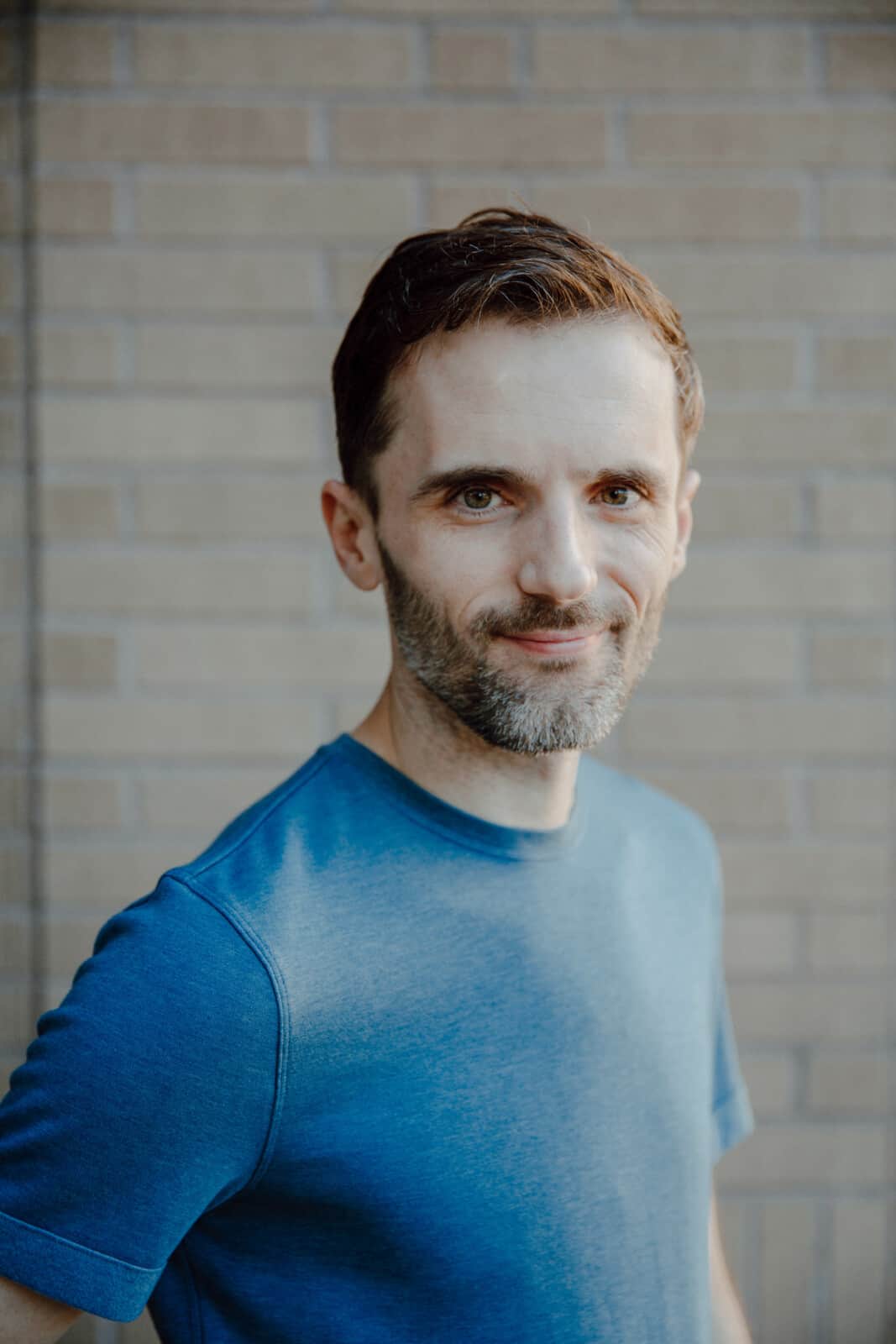
I studied computer science in school, and I've spent a decade in management consulting working with organizations ranging from tech startup, to non-profit and government, to Fortune 100.
I've also spent the last several years hanging out with mindful seekers and counter-culture people from outside mainstream society.
I've meditated daily for over a decade, I spent years living and studying in Japan, and I've participated in a wide variety of plant medicine ceremonies and other avenues for altering consciousness.
I regularly attend and lead events focused on authentic relating and vulnerability. I'm not at all religious, yet I'm now highly spiritual—but, with my feet firmly on the ground, approaching it all with a skeptical, logical lens rather than woo-woo.
I can help you do the same: to feel a greater sense of aliveness and connection to deeper reality and purpose without losing your smart, rational mind that's served you so well.
Client Testimonials
"[Michael] showed me how my natural tendency to innovate and see the bigger picture can guide me out of stress... and let go of limiting beliefs"Anna (ENTP), Senior Product Manager in the tech sector
"Working with Michael has been a transformative experience that I am deeply grateful for. From the very beginning, he created a safe and welcoming space to explore some of the most vulnerable parts of myself. Through his guidance, I’ve learned to connect more deeply with my body, my emotions, and my inner world. His ability to blend modalities opened gateways into my subconscious that we explored together, allowing me to uncover and address patterns that had been holding me back.
One of the most impactful lessons I’ve learned is the power of letting go... His insights into attachment, aversion, and fixation were eye-opening, and I now approach challenges with more curiosity and less resistance. His analogies, like the spiral staircase and shining a light slowly into my pain, provided me with practical tools to navigate growth in a way that feels manageable and kind.
As an ENTP, he helped me understand both my strengths and growth areas in a deeply personalized way. He showed me how my natural tendency to innovate and see the bigger picture can guide me out of stress, while encouraging me to let go of limiting beliefs and embrace vulnerability. His wisdom about balancing structure with flexibility, and acknowledging and thanking old coping mechanisms before releasing them, resonated deeply. These teachings have helped me approach my personal growth with gentleness and patience.
Above all, Michael encouraged me to embrace my authentic self. Whether it was through free writing, reflecting on my joy patterns, or welcoming the parts of me that felt unsafe to be seen, his encouragement has been a steady anchor... I wholeheartedly recommend Michael to anyone seeking a compassionate, skilled, and insightful guide for their personal journey (especially ENTPs)."
—Anna, Senior Product Manager in the tech sector
"I kept walking away with one refreshing insight after another"Ryan (ESTP), Director at a Fortune 10 Company
"There was a time in our early sessions where I questioned whether working with Michael would be valuable to me. Our first encounter led to an 'a-ha' moment that I wrote off as a lucky break. But when I kept walking away with one refreshing insight after another, I knew that all credit is due to Michael himself. I encourage any skeptic to give Michael two meetings to prove his worth – and I’ll tell you right now that the second meeting is only for you to be convinced that the first wasn’t a fluke.
Michael admirably applies praise where deserved and tends to avoid positivity for positivity’s sake. He does not judge – he seeks to understand. His inquisitive nature and mannerisms are a refreshing blend of friendly banter, humor, and understanding that are hard to find and very much appreciated. There is great peace of mind in knowing that at least one person outside of my family can be absolutely trusted with my most confidential musings about my career.
He has an uncanny ability to say something back to me in a way that’s more coherent than how I first said it. When I hear my thoughts stated back to me it brings a certain permanence, conviction, and power to them I am challenged to replicate on my own.
I can’t thank Michael enough, and I wholeheartedly encourage you to take advantage of his gift."
—Ryan (ESTP), Director at a Fortune 10 Company
What's holding you back? It's probably not a lack of knowledge.
I'd like to share an insight I had about my own life.
I spent years obsessed with lifehacking (the pursuit of optimizing all aspects of your life). I was subscribed to over a dozen RSS news feeds; I was on too many email lists to count; and I was constantly listening to podcasts wherever I went.
I wasn't happy, and I thought that if I just kept reading and listening, I'd eventually find that one insight that would change everything for me.
It never happened.
Today, there are endless resources out there telling you their version of the path to happiness. But if your life isn't where you want it to be, I don't think what you lack is information. You probably know things you should be doing but you aren't doing them.
In my experience, what's missing isn't a key insight from a teacher. It's your own self-knowledge and your ability to shift your worldview.
I don't have all the answers. But I spent many years feeling lost, disconnected, and unhappy, and I can tell you what finally led to real change in my life.
It took a journey of deep self-discovery, pushing myself past my comfort zone, and designing my purpose. I know that this part sounds salesy, but it's the truth: Working with an amazing coach is what finally got me to start that journey.
I was completely vulnerable with her, and she was able to look past the stories I'd been telling myself. She was able to see a part of me before I ever could, and that turned out to be the core need I'd been missing for years. I doubted her advice at first, but she kept challenging me.
And she stuck with me as I made it happen.
Here's How This Works:
I've put a lot of thought into the most logical, fair, and ethical way to price my services.
Conversations about money tend to bring out a lot of feelings (on both sides), and I want to approach that complexity with the nuance and care it deserves.
So, this will require just a little more work to understand than "pay me $X."
(If you're curious, I wrote a whole philosophical article where I break down in detail how I arrived at this set of policies.)

My Model:
You first sample session is free and no-risk
I’d like to build a fruitful, ongoing relationship with you. So, let’s make sure we’re the right fit. Many other coaches focus the first call on sales and logistics, but I’ll instead offer you a real sample of my coaching. Let’s explore an actual challenge you’re facing in your life.
Commit to 2-4 sessions per month
Seeing each other less often slows progress and means more time spent on life updates instead of transformation. Scheduling is flexible. At the end of each session, we open our calendars and find the next time that works for both of us (or, we can pick a regular weekly/bi-weekly time).
You're in charge—you're not locked into anything
Most coaches require signing up for expensive package deals. But one of my core values is freedom, so I want to offer that to you: Pay for sessions one at a time and stop whenever you like.
I use a sliding scale (i.e., variable pricing)
I offer the same service at multiple price points based on need (honor system, no proof required). This allows me to offer lower-priced coaching to people who couldn't otherwise afford it.
Most importantly, let’s be real with each other
I’m not a faceless corporation, and you’re a unique, complex human. If you’re not sure where you fall on my sliding scale, let’s have an authentic conversation about what you can afford that’s fair to both of us. It's not you vs. me, but us figuring this out together as a team.
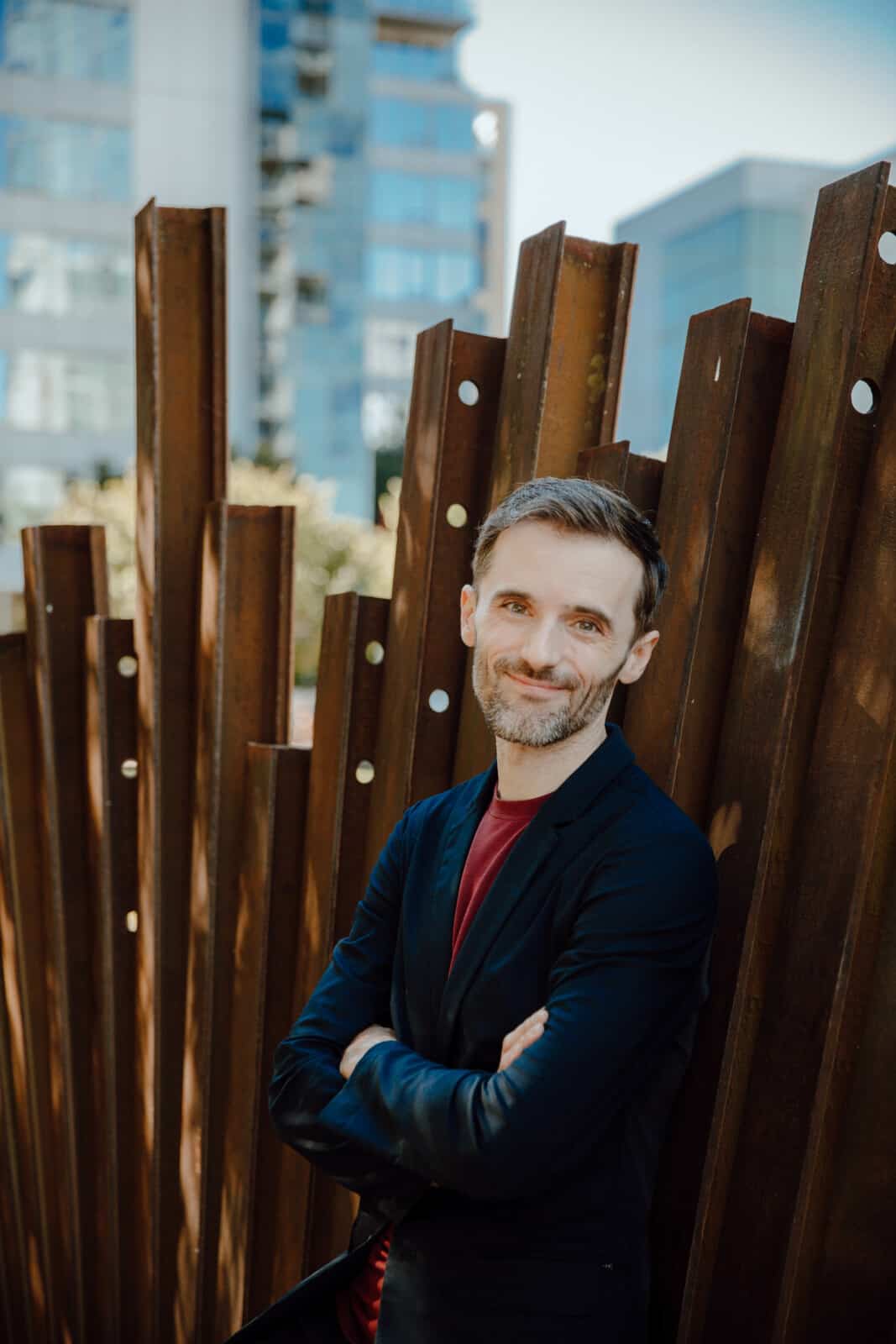
My Sliding Scale:
I serve a variety of people, including groups who have historically had less access to coaching due to systemic oppression.
Many of my clients identify as LGBTQIA+ or neurodivergent, and 43% are people of color.
This is my primary source of income, so I aim to provide access while also running a sustainable business.
Please do your own research if you'd like a comparison for coaching rates.
But I can tell you that $200-500 USD per session is a common price charged by my peers with similar experience and credentials.
What You Get By Working With Me:
- I'll start off by sending you a detailed questionnaire. It'll help me get to know you and support you in getting crystal clear on your goals for coaching.
- This isn't one-size-fits-all. I'll customize my coaching style based on your personality type (I have expertise in several powerful typing systems).
- We'll co-create a unique personal growth trajectory just for you. I'll bring in techniques from Co-Active coaching, Hakomi counseling, Positive Intelligence coaching, Zen Buddhism, or whatever is most appropriate for your specific challenges.
- You'll get access to me via email between sessions (e.g., if you'd like me to review your resume or answer a time-sensitive question). And, as we work together, I might share worksheets, articles, or podcasts that make me think of you.
- P.S. Want to get a sense of what I sound like? Here are a few of my YouTube videos I like: (a) introducing myself, (b) purposefully discarding thoughts, (c) processing big emotions, and (d) cultivating fragile feelings,
Questions?
Check out my FAQ below the pricing table.
Which Best Describes Your Situation?
Below are my rates for a 50-minute session. Again, this is the same service being offered at each price tier.
Many life situations aren't perfectly covered in this table. Please do your best to pick what feels closest to yours.
(P.S. This isn't a value judgment. You're not a good or bad person for having substantial resources or for lacking those. This is simply an attempt to find the fairest possible exchange of value amidst complexity.)
Standard Rate A
- You earn over $170K USD/year (or, you have substantial savings / passive income / inheritance / property / other assets)
- Or, you can buy most things without needing to save up
- Or, your company will be paying for this
- Bonus: By paying this rate, you allow me to offer lower-priced coaching to someone with a marginalized identity (thank you!)
$297 USD
Standard Rate B
- You earn over $120K USD/year (before tax, including bonuses)
- Or, you regularly spend $200+ USD on non-necessities without needing to save up (or you pay full price for services like workshops, massages, nice restaurant dinners or drinks, etc.)
- Or, you own property or other significant assets
- Or, your family/parents have substantial assets that you have access to (so that you live mostly on gifted/inherited income or don't have to work to survive)
$197 USD
Special Rate
- You earn under $50K USD/year (before tax, including bonuses)
- And, you have very little disposable income (i.e., you can't afford much beyond basic necessities, and you don't have a family able and willing to easily support you financially)
- And, you identify as part of a historically marginalized group such as LGBTQIA+ or BIPOC and you feel like that has had a significant effect on your income (or, you face other challenges that have significantly limited your income potential such as systemic discrimination, disability, chronic illness, or substantial non-optional healthcare costs)
$97 USD
(I'm a fan of Bitcoin too. Credit card is easier to process; but, if your money is tied up in crypto, I'm open to discussing payment in BTC.)
If paid coaching doesn't fit into your current financial situation, some of my no-cost offerings include my blog and my YouTube channel (the latter of which I update most frequently).

